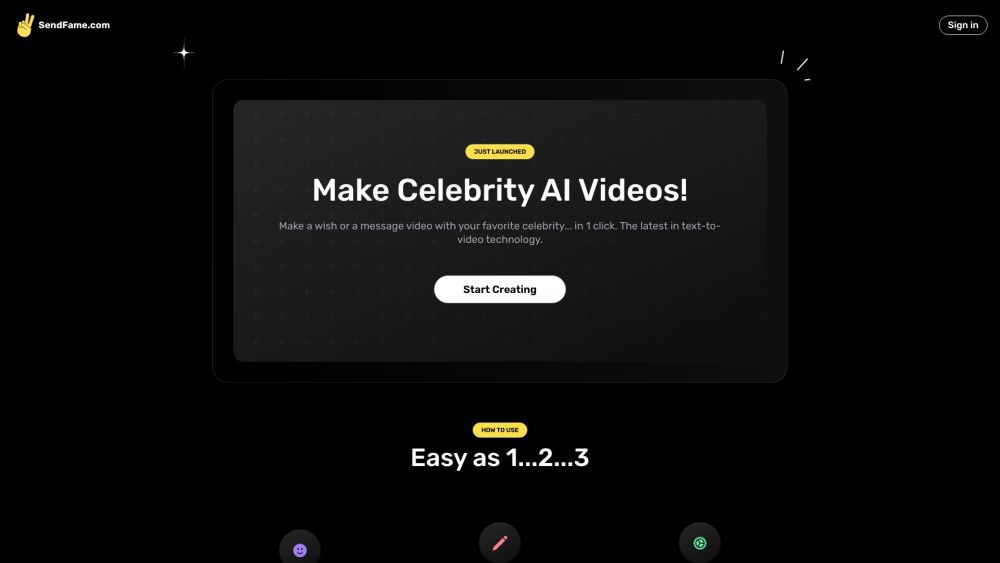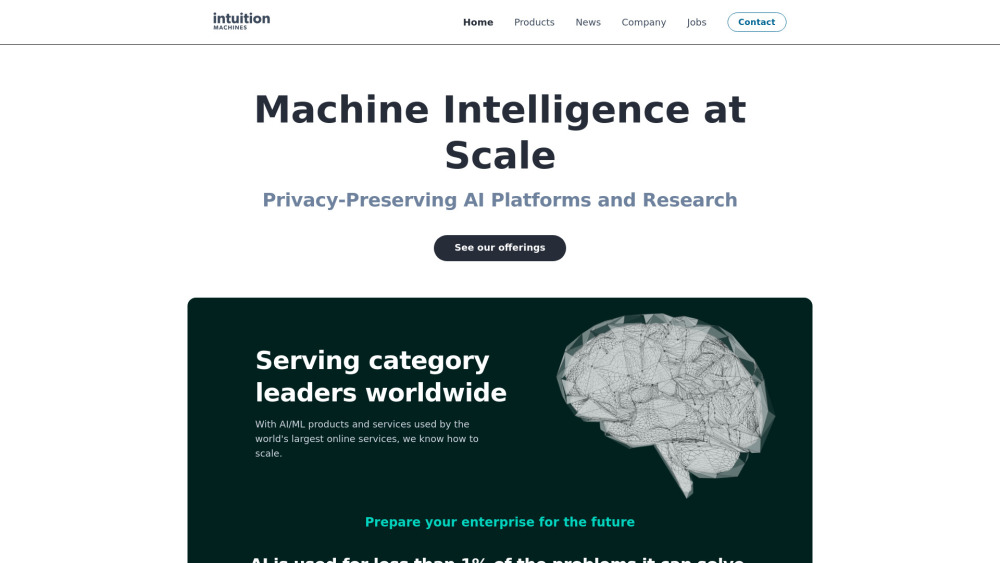Keeping up with the rapidly evolving field of AI can be challenging. Until AI can handle this for you, here's your essential roundup of recent machine learning stories, including notable research and experiments we haven't previously covered.
This week in AI, DeepMind, Google's AI research and development lab, released a paper that proposes a framework for assessing the societal and ethical risks associated with AI systems.
The timing of this paper—advocating for varying degrees of involvement from AI developers, app developers, and broader public stakeholders in evaluating and auditing AI—was intentional. Next week, the U.K. will host the AI Safety Summit, an event geared to unite international governments, leading AI firms, civil society organizations, and research experts to address how to manage the risks arising from the latest advances in AI, particularly generative AI (e.g., ChatGPT, Stable Diffusion, etc.). During this summit, the U.K. plans to establish a global advisory group on AI, loosely modeled after the U.N.'s Intergovernmental Panel on Climate Change. This group will consist of rotating academics who will produce regular reports on significant AI developments and their associated risks.
Ahead of the pivotal summit, DeepMind appears to be proactively sharing its perspective on AI ethics. The research lab makes several reasonable points, such as advocating for evaluations of AI systems at the "point of human interaction" and exploring how these systems might be integrated into society.
It's also informative to consider how Google, DeepMind’s parent company, performed in a recent Stanford study that evaluated 10 major AI models on their operational transparency. Among various criteria—including the disclosure of training data sources and hardware information—Google’s PaLM 2, a flagship text-analysis AI model, scored a disappointing 40%. While DeepMind didn't directly develop PaLM 2, its historical lack of transparency raises questions about whether they face significant pressure to improve transparency.
Conversely, DeepMind is taking steps to counter its reputation for opacity. Collaborating with OpenAI and Anthropic, the lab committed to granting the U.K. government "early or priority access" to its AI models to facilitate evaluation and safety research.
A critical upcoming test for DeepMind's commitment to AI ethics is its new AI chatbot, Gemini, which CEO Demis Hassabis claims will rival ChatGPT in capability. For DeepMind to be credible in the AI ethics arena, it must transparently disclose not only Gemini's strengths but also its limitations. We will closely monitor developments in the coming months.
Here are other notable AI stories from the past week:
Microsoft study reveals flaws in GPT-4: A new paper affiliated with Microsoft examined the "trustworthiness" and toxicity levels in large language models (LLMs), including GPT-4. The findings indicate that earlier versions of GPT-4 are more susceptible to generating toxic and biased content.
ChatGPT gains web searching and DALL-E 3 capabilities: OpenAI has officially launched an internet-browsing feature for ChatGPT, reintroducing it in beta after a brief hiatus. Additionally, OpenAI has moved DALL-E 3 into beta, following its recent release of the updated text-to-image generator.
Open source alternatives to GPT-4V emerge: As OpenAI prepares to launch GPT-4V—a model capable of understanding both images and text—two open-source alternatives, LLaVA-1.5 and Fuyu-8B from the well-funded startup Adept, have already emerged. While neither matches GPT-4V in capability, both models offer impressive free alternatives.
Can AI play Pokémon? Seattle-based engineer Peter Whidden has spent years training a reinforcement learning algorithm to navigate the iconic Pokémon game. Currently, it reaches Cerulean City, but Whidden is confident it will continue improving.
AI language tutoring from Google: Competing with Duolingo, Google is rolling out a new feature designed to help users practice and enhance their English speaking skills. This feature will be available on Android devices in select countries over the coming days.
Amazon expands use of warehouse robots: In a recent event, Amazon announced that it will begin testing Agility’s bipedal robot, Digit, within its facilities. However, it remains uncertain whether Digit will be implemented in Amazon's existing operations, which currently utilize an extensive fleet of over 750,000 robotic systems.
Advancements in simulators: This week, Nvidia showcased how an LLM can aid in writing reinforcement learning code for AI-driven robots, while Meta released Habitat 3.0, an updated dataset to train AI agents in realistic indoor environments, now featuring the ability for human avatars to inhabit the same VR space.
Chinese tech giants invest in OpenAI competitor: Zhipu AI, a Chinese startup developing generative AI models, announced it has raised a total of 2.5 billion yuan ($340 million) in funding this year, amidst growing geopolitical tensions between the U.S. and China.
U.S. restricts AI chip supply to China: The Biden administration announced additional measures to curb China's military ambitions, imposing further restrictions on Nvidia’s AI chip shipments to the country, particularly affecting the A800 and H800 models.
Viral AI renditions of pop songs: A strange trend has emerged on TikTok, where accounts use AI to make characters like Homer Simpson perform popular songs from the ‘90s and early 2000s. While entertaining, this trend also raises ethical concerns, as noted by Amanda.
Advances in machine learning:
Machine learning models are transforming the biological sciences. Notable breakthroughs like AlphaFold and RoseTTAFold have demonstrated how AI can simplify complex issues like protein folding. David Baker and his team have now expanded their prediction capabilities to encompass more than just the structure of amino acid chains, recognizing the importance of predicting interactions with various molecules in bodily environments.
AI enhances lab research: The SmartEM project, developed by MIT and Harvard, integrates computer vision and ML control systems within a scanning electron microscope, allowing it to intelligently target and analyze specific specimens.
High-tech archaeology: The use of AI in archaeology continues to yield fascinating results, from using lidar to uncover ancient Mayan cities to reconstructing scrolls lost in the eruption of Pompeii. The recent reconstruction of charred papyrus using AI reveals the first visible word: “purple,” igniting excitement in the academic community.
AI aids Wikipedia citation quality: A new system leverages AI to assess and recommend citations for Wikipedia articles. While the AI lacks the ability to discern fact from fiction, it can identify high-quality citations based on contextual patterns, offering valuable assistance in bolstering user-generated content.
Open models tackle high-level math: Llemma, an open model focused on high-level mathematical proofs, demonstrates the competitive potential of open-source models against proprietary ones, driven by similarities and improvements in performance.
Meta's mind-reading research: Meta is making strides in studying visual perception through brain scans, potentially leading to methods of translating thoughts into visual representations. Yet the work's presentation often oversells the actual capabilities of what can be achieved.
CLARA project for speech understanding: At LAION, the Multilingual Contrastive Learning for Audio Representation Acquisition (CLARA) project aims to enable better comprehension of human speech nuances. By using diverse audio and text data, CLARA seeks to teach machines to better identify emotional states and non-verbal communication cues, enhancing human-AI interaction.
This week in AI brings exciting updates and breakthroughs that continue to shape the future of technology, reinforcing the importance of transparency and ethical considerations in AI development.




